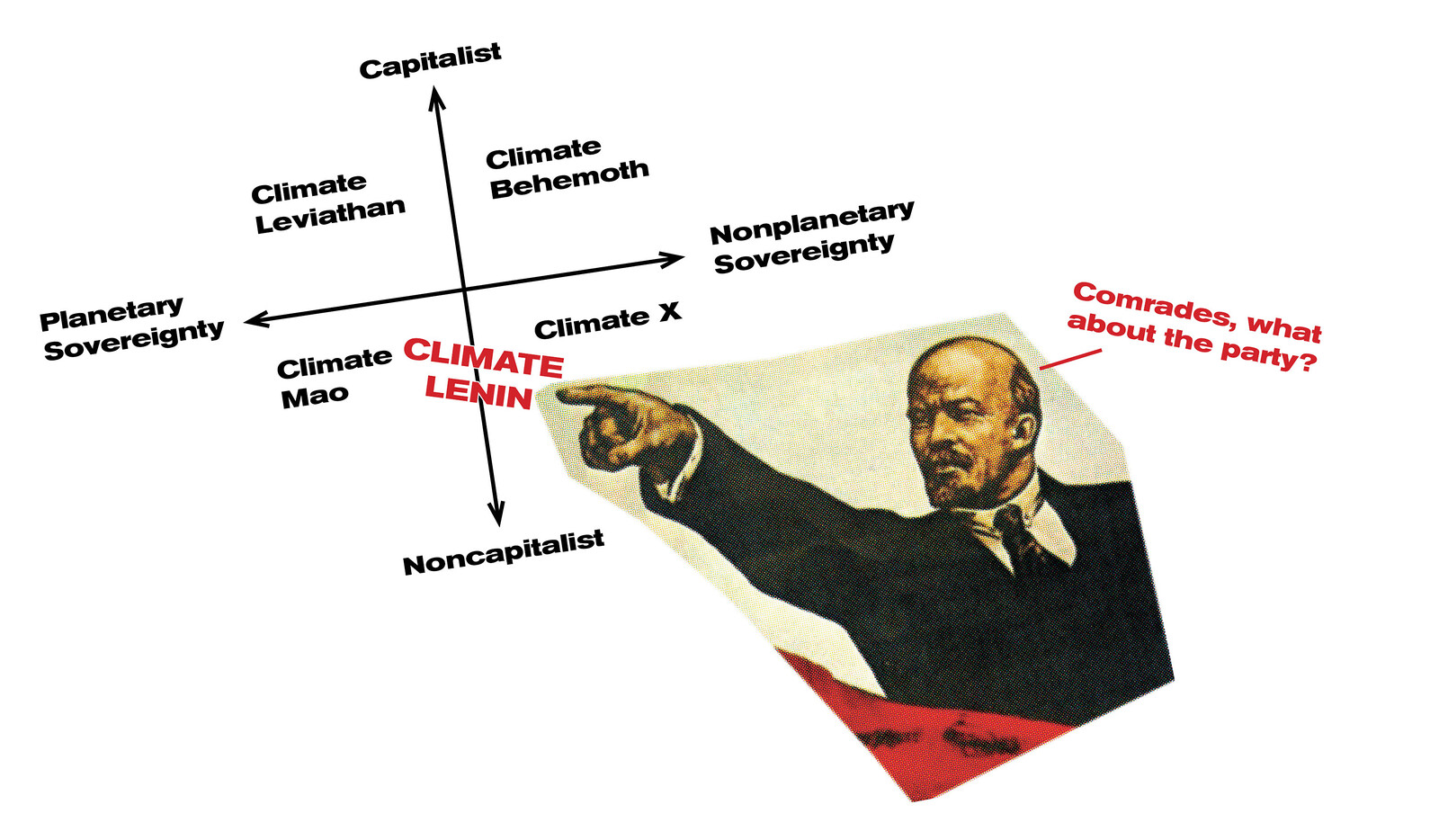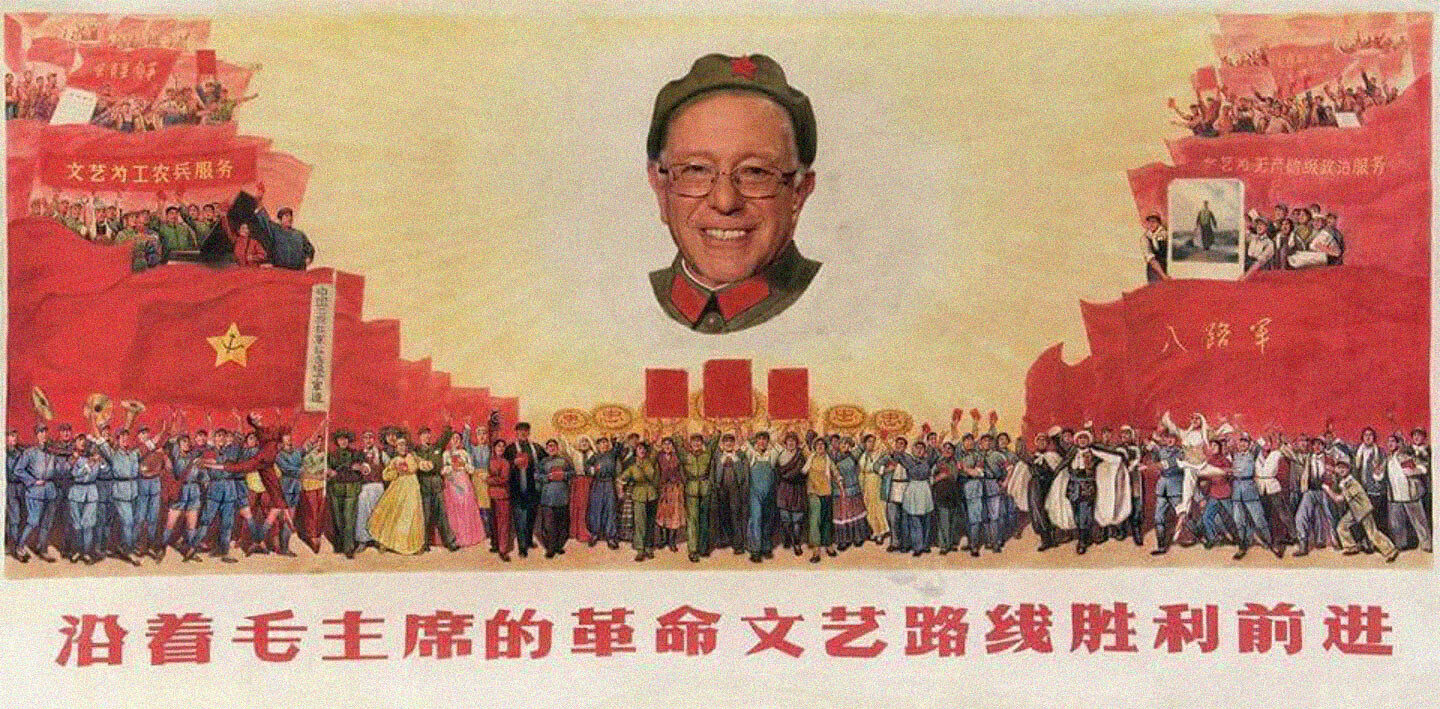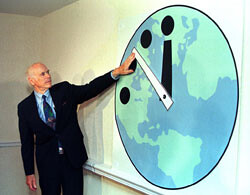Ironically, at almost the precise moment that progressive movements have become conscious of the necessity of a climate response operating at the necessary scale, the Marxist left has taken a state-phobic turn. Consider “disaster communism.” Confronted with the choice between ruin or revolution, disaster communism opts for ruin as the path to revolution—without considering the form of association necessary to ensure that the revolution ushers in a more equal, just, and sustainable world rather than insulated groups struggling with each other over resources. In lieu of the revolutionary subject emphasized in the Marxist tradition, disaster communism turns to climate breakdown as the agent of history.
When people say “comrade,” they change the world. Gorky’s examples include the prostitute who feels a hand on her shoulder and then weeps with joy as she turns around and hears the word “comrade.” With this word, she is interpellated not as a self-commodifying object to be enjoyed by another, but as an equal in common struggle against the very conditions requiring commodification. Additional examples are a beggar, a coachmen, and young combatants—for all, “comrade” shines like a star that guides them to the future.



